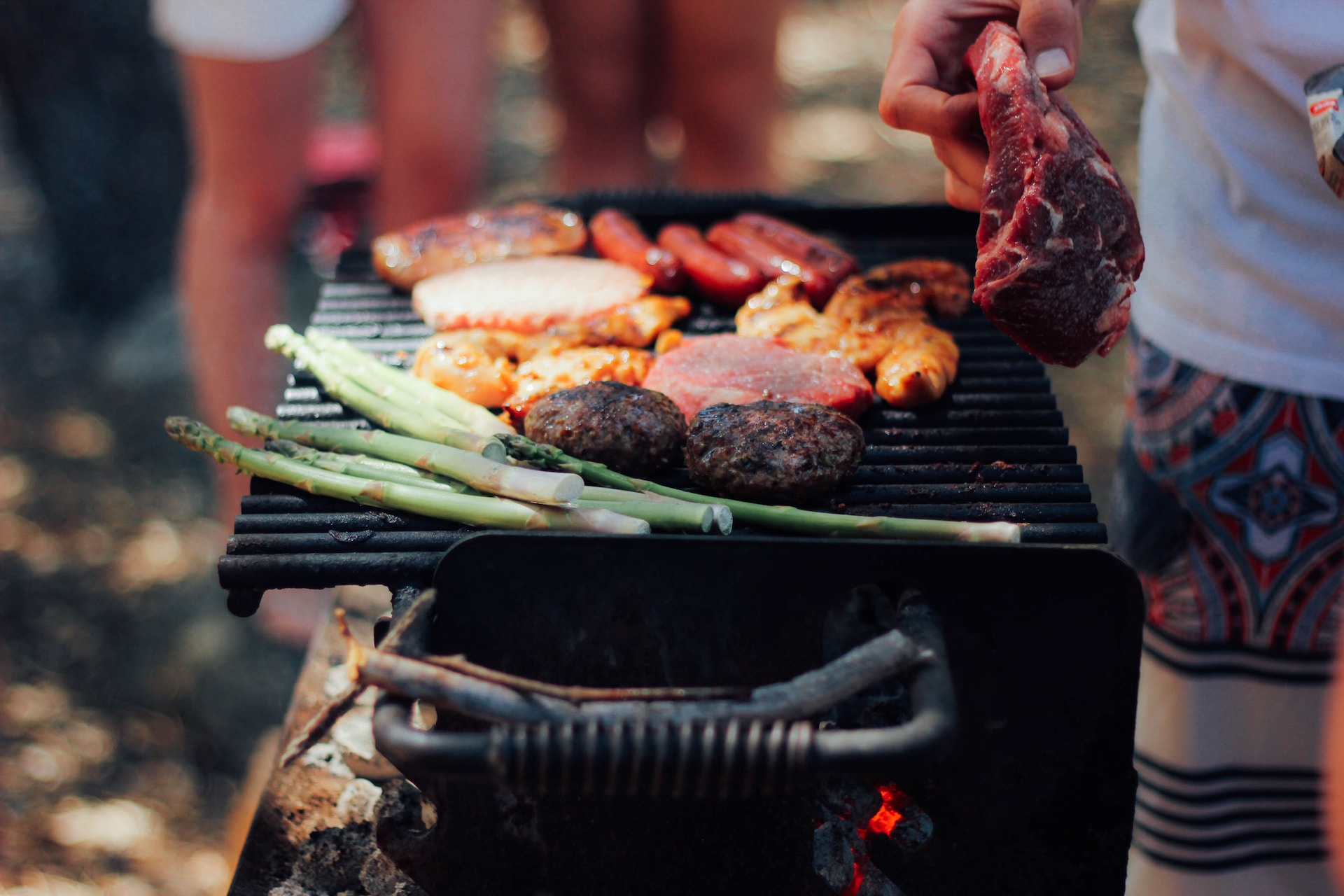Gulf Island Campgrounds
Explore Gulf Island campgrounds in BC for peaceful, scenic, and unforgettable coastal camping adventures. Plan your perfect island escape.
Camping is all about immersing yourself in nature, but that doesn’t mean sacrificing good food! Whether you’re embarking on your first outdoor adventure or simply seeking tips on how to keep your food cold while camping, we’ve got you covered.
In this guide, we’ll share practical and beginner-friendly strategies to ensure your meals stay fresh and enjoyable throughout your camping trip. So let’s dive in and make sure your culinary experiences under the stars are as satisfying as they can be!
Before heading out, make sure to prep your food smartly. Opt for pre-cutting fruits and vegetables and portioning out meals in advance. This not only saves time but also reduces the chances of cross-contamination and minimizes the need for excess cooling space.
A reliable cooler is an essential piece of camping gear. Look for one with thick insulation and a secure lid. Consider purchasing a cooler that can retain ice for an extended period, as it will help maintain a consistently cold temperature for your perishable items.
Shop: Stanley Coolers and Jugs
To maximize cooling efficiency, pack your cooler strategically. Start by placing ice packs or frozen water bottles at the bottom, as they provide a solid base for maintaining low temperatures. Next, layer your food items, placing raw meats at the bottom to prevent any potential drips onto other foods. Fill any empty spaces with ice or additional ice packs to minimize air gaps.
Using ice blocks rather than ice cubes can help your cooler stay colder for longer periods. Ice blocks melt slower and reduce the risk of melting ice water leaking into your food. You can also freeze water in reusable containers or purchase specifically designed ice packs for camping.
Another clever tactic to keep your food cold is to freeze certain ingredients beforehand. For example, if you plan to cook burgers or marinated chicken, freeze them in advance. Frozen ingredients not only act as ice packs themselves, but they also gradually thaw during your trip, allowing you to use them when needed while keeping the rest of your food chilled. This approach reduces the reliance on ice packs and helps conserve space in your cooler.
To prevent unnecessary heat exposure, place your cooler in a shaded spot, away from direct sunlight. This simple step can significantly extend the lifespan of your ice and keep your food cooler for an extended period.
Every time you open the cooler, warm air enters, causing the temperature inside to rise. To preserve the coldness, limit how often you open it. Plan your meals ahead and retrieve everything you need in one go, keeping the cooler sealed as much as possible.
Keeping your food and drinks in separate coolers can be advantageous. Since beverages are typically accessed more frequently, having a separate cooler for drinks reduces the need to open the food cooler repeatedly. This segregation ensures your food remains chilled, even if you frequently grab a refreshing beverage.
While keeping your food cold is crucial, it’s equally important to follow food safety practices to prevent contamination and illness. Keep raw meats sealed in leak-proof containers to avoid cross-contamination. Pack a food thermometer to ensure your meats reach safe internal temperatures when cooking. Remember to dispose of any leftovers properly and clean your cooking utensils and surfaces to maintain good hygiene while enjoying the great outdoors.
Keeping your food cold while camping doesn’t have to be a daunting task. By following these beginner-friendly tips, you can ensure your meals remain fresh, tasty, and safe during your outdoor adventures.
Remember, preparation is key, so invest in a quality cooler, pack it smartly, and make use of natural cooling methods whenever possible. Now you can confidently embark on your camping journey, knowing that your food will stay cool and your culinary experiences will be a delight amidst the beauty of nature!
Subscribe to our newsletter to get the outdoors delivered right to your inbox.
